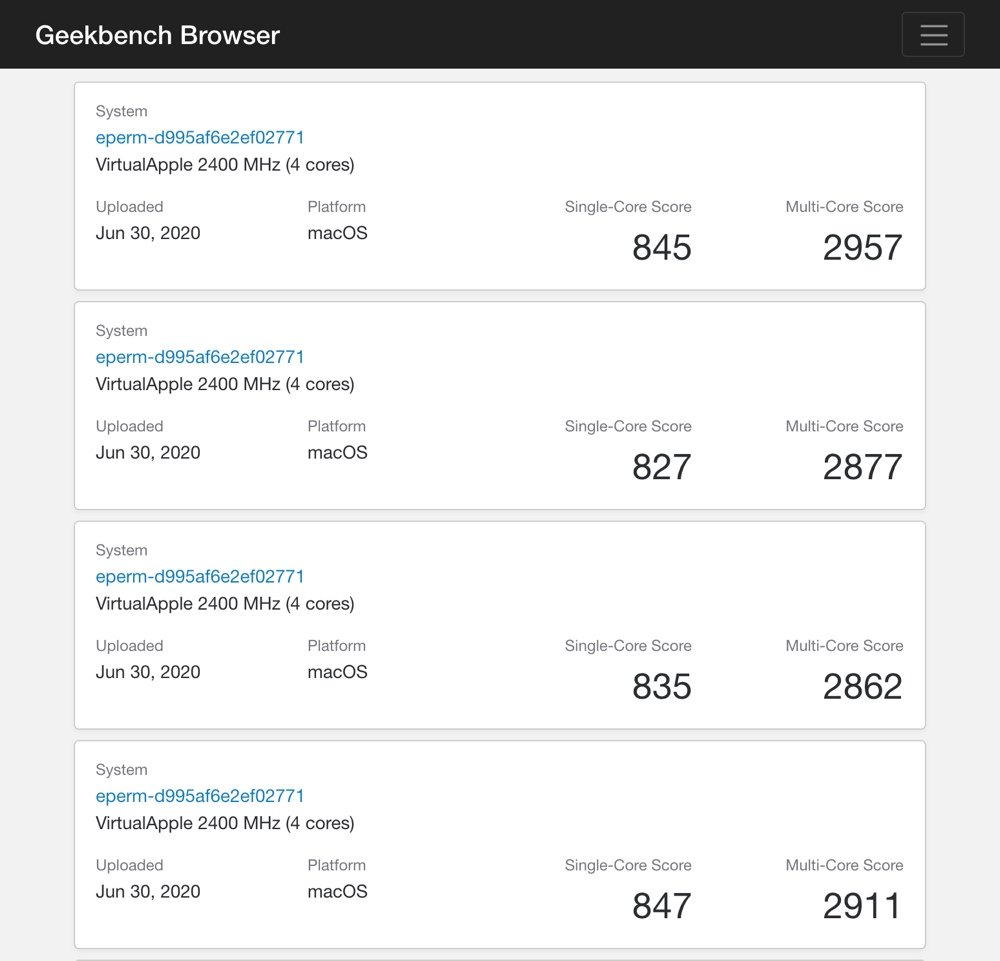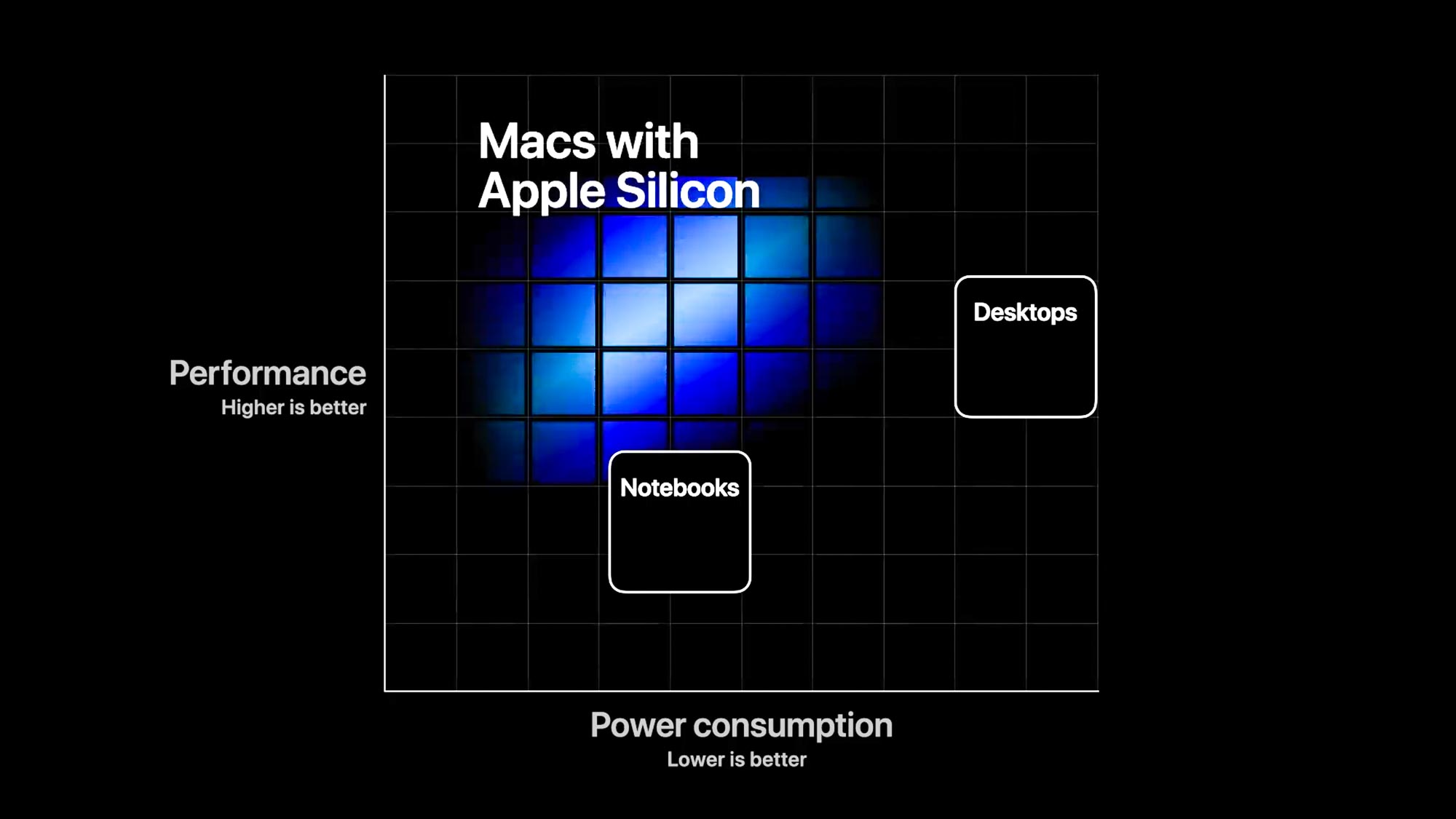Apple Silicon gets the benchmark treatment — first results are amazing
Apple Silicon appears set to go toe-to-toe with Intel already

Sign up to receive The Snapshot, a free special dispatch from Laptop Mag, in your inbox.
You are now subscribed
Your newsletter sign-up was successful
Apple's transition to ARM-based processors, or Apple Silicon as the company is referring to its custom CPUs, is officially underway with the developer transition kits already in the hands of some devs.
Naturally, some of the developers couldn't resist testing its performance, despite specific agreements that accompanied the hardware. 9to5Mac was the first to notice some benchmarks showing up on Geekbench (via Gizmodo).
- Best MacBook in 2020: Apple laptop reviews and ratings
- Apple iPad Pro (12.9-inch, 2020) review
- New Surface Pro X could feature new ARM-based CPU — Watch out, Apple!
The move is certainly a long term play for Apple, which gives the company a much greater degree of control over another piece of the supply chain for its laptops. Apple fans will hope that there is little to no fall-off in performance even as the chips should reportedly deliver superior battery life.
Keeping in mind that these Developer Transition Kits are basically a modified Mac mini using an A12Z chip originally used in this year's iPad Pros, the results so far are looking pretty good.

The single-core performance is coming in at right around 840 and the multi-core is averaging around 2,900. This is slightly below the average performance for the base MacBook Air (2020) on single-core (1,005), but well above its multi-core score of 2,014. It's also worth noting that the Developer Transition Kit is running the benchmark through Rosetta 2 emulation, which is known to have a performance hit.
Overall it's an incredibly promising initial result given Apple's aggressive goal of shipping its first Mac with Apple Silicon before the end of the year.

Of course, the hardware is just part of the story. While these benchmarks didn't take long to come out, the next leaks we will be looking for from developers is the difficulty or lack thereof in getting apps ready for the new hardware. This has been a stumbling block for Windows' ARM-based aspirations and will be crucial for Apple to hurdle in its own efforts.
Sign up to receive The Snapshot, a free special dispatch from Laptop Mag, in your inbox.
Sean Riley has been covering tech professionally for over a decade now. Most of that time was as a freelancer covering varied topics including phones, wearables, tablets, smart home devices, laptops, AR, VR, mobile payments, fintech, and more. Sean is the resident mobile expert at Laptop Mag, specializing in phones and wearables, you'll find plenty of news, reviews, how-to, and opinion pieces on these subjects from him here. But Laptop Mag has also proven a perfect fit for that broad range of interests with reviews and news on the latest laptops, VR games, and computer accessories along with coverage on everything from NFTs to cybersecurity and more.

